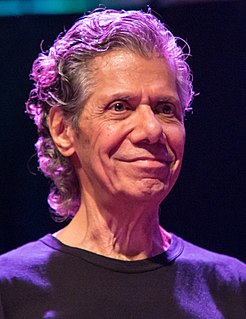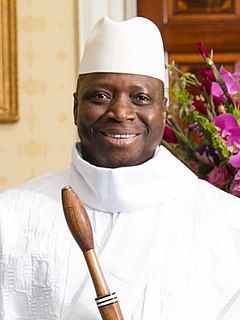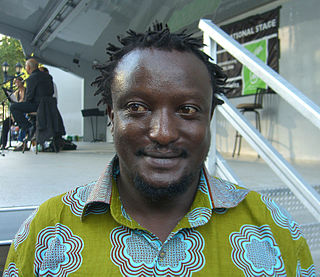A Quote by Justin Cartwright
'A Just Defiance' has been a huge success in South Africa. While reading at times like a well-written thriller, its significance is to reveal apartheid to have been far more brutal, ruthless, and self-serving even than we had suspected.
Related Quotes
Living here in North America - I have been Americanized. When I go back home now, there are things that I have far less tolerance for in South Africa. We've come such a long way in terms of race relations and the economy as well as people's willingness to move on. There are still a lot of things that are frustrating about being in South Africa.
I think the most difficult thing that has had to happen in South Africa for the previously disadvantaged communities is they had to reconcile that the oppressor has been enriched and the establishment is now making five or 10 times more profit than they were during the time the economic embargo was on them.
Well, it might have been if I'd had success earlier in life, but having success that much later meant I was far more grounded when it came. The last few years of my life have just been surreal and after a lifetime of disappointment and heartache and rejection, I still don't believe this is all actually happening. I'm extremely grateful for my success - I just never expect it to last and my motto, if I have one, is just put your head down and do the job.
When I went to live in South Africa, I immediately began to understand what went wrong. Because here was a place supposed to be under apartheid - I arrived there in 1991 - but here a black person had more say and had more influence over his white government than an average Kenyan had over the Moi government.






































